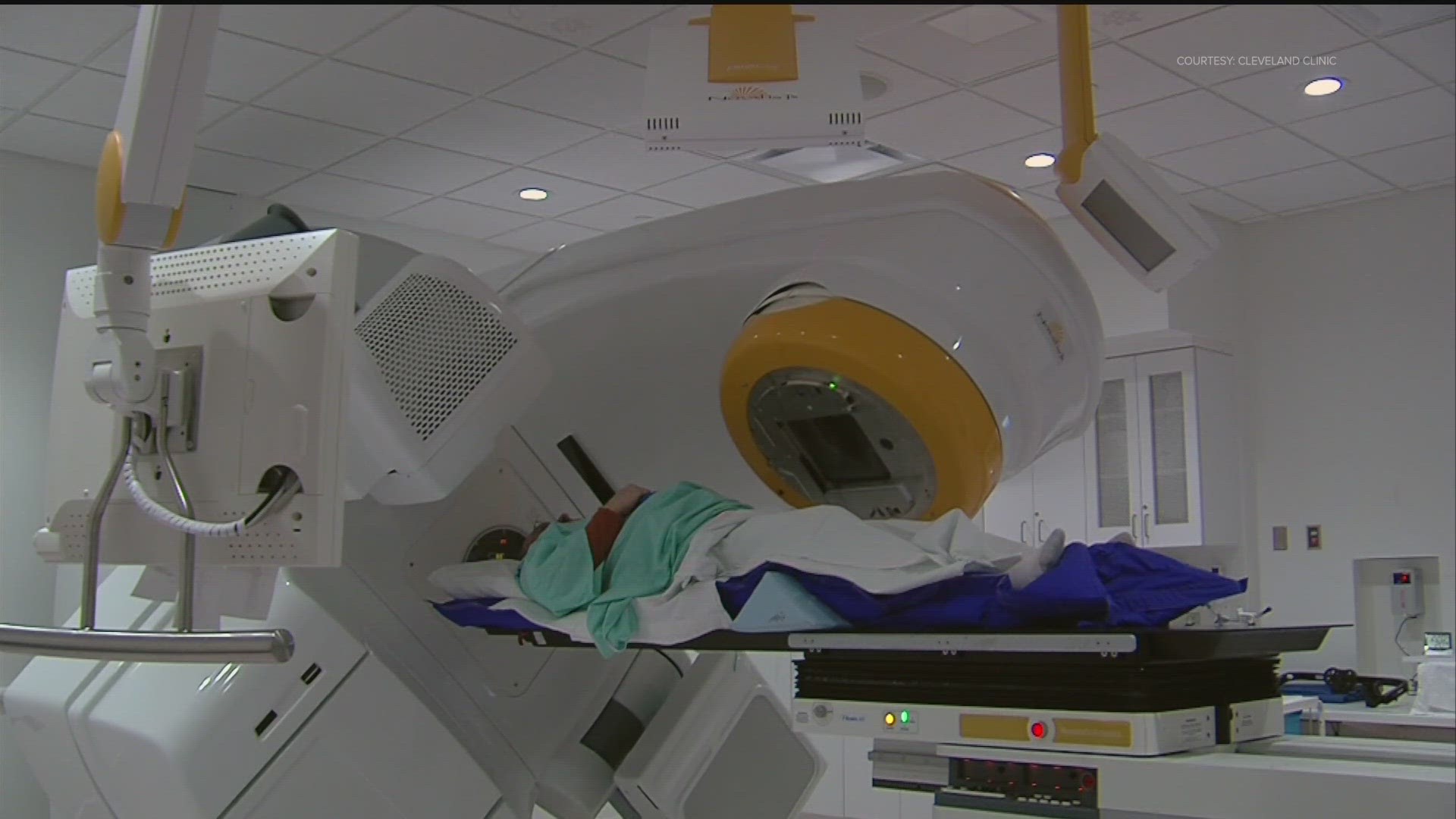ATLANTA — Prostate cancer is one of the most common cancers in the country, according to 11Alive Medical Expert Dr. Sujatha Reddy.
"When we talk about prostate cancer, everybody knows someone who has it," Dr. Reddy said, adding that her father was diagnosed with the disease. "It's a cancer that touches most people."
For most, prostate cancer is slow-growing, Dr. Reddy said. The medical field has also advanced in how it's treated. Treatment usually consists of a combination of surgery and radiation. It may also include hormonal or medical therapy.
In addition, like most cancers, the earlier it's caught, the better, she said. However, people with early-stage prostate cancer may or may not experience symptoms.
"Which is why the screening tests are so important. A blood test called a PSA or prostate-specific antigen is the most common thing men get to check for prostate cancer," she said.
But if you do experience any symptoms, here's what Dr. Reddy said to look out for:
Symptoms
- Changes in urination
- Discomfort while urinating
- Changes in urine color
- Blood in urine
Reddy added that in advanced stages of the disease, symptoms can also include bone pain, as prostate cancer can spread to someone's bones.
Medical experts still aren't sure what causes prostate cancer, so it's important to have conversations with a doctor, she said.
Examples of questions to ask a doctor
- What are my risk factors?
- When should we look at doing blood screening tests?
- What is the most common way to screen for prostate cancer?
"So I think a good conversation, knowing your family history and knowing your personal risk factors is a good way to start your process at getting screened for prostate cancer," she said.
Dr. Reddy also discussed the risk factors to keep in mind for people about the disease.
Risk Factors
- Men over 65 years old
- Black men have a higher risk of developing the cancer
- Overweight
- Family history of the disease
Dr. Reddy added that African American men are also at risk for possibly having prostate cancer discovered at an advanced stage with a more aggressive type of cancer.
However, she said there are a few things a person can do to decrease their risk.
How to decrease the risk
- Keep a healthy weight
- Eat a healthy diet
- Exercise
- Don't smoke
It's estimated there will be about 300,000 cases of prostate cancer this year, Dr. Reddy said.
Prostate cancer is the second leading cause of cancer death among men in the nation, according to the National Cancer Institute.

